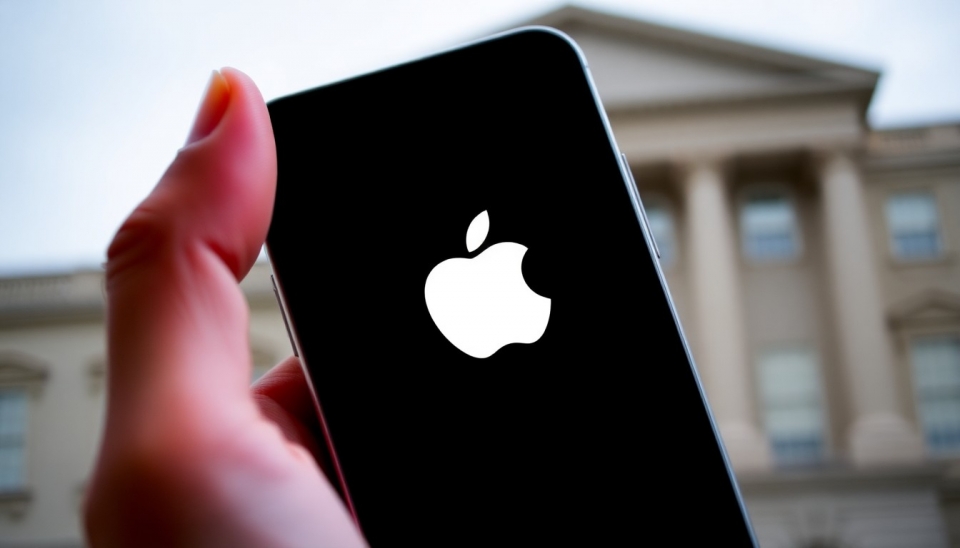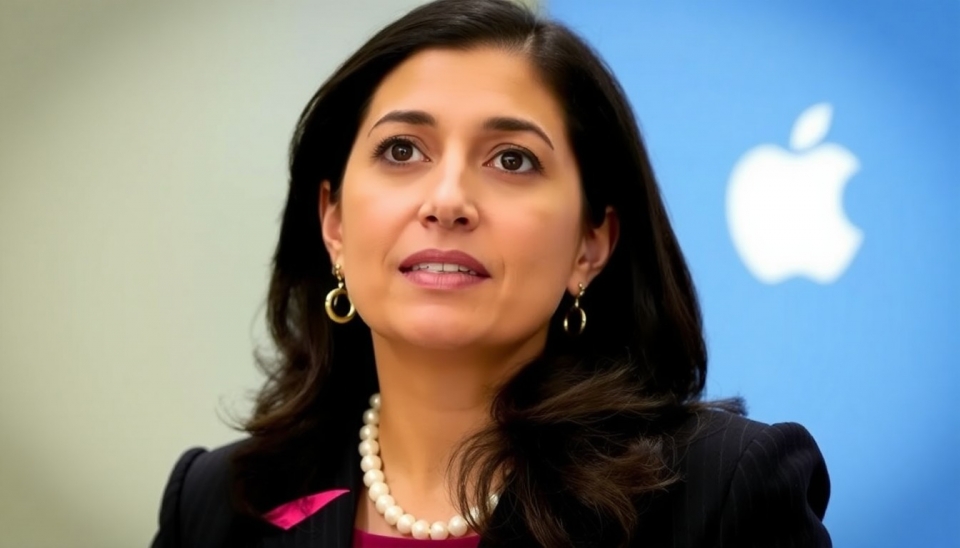
UK Court Delivers Setback to Government's Secretive Apple Encryption Strategy
In a significant ruling, a UK court has rejected the government's attempt to keep its legal battle against Apple over encryption policies under wraps. This decision is poised to have wide-ranging implications for privacy rights and the ongoing debate surrounding digital security in the age of increasing cyber threats.
Continue reading
Redditors Unite Against Porn Harassment: A Digital Battleground
In a remarkable display of online solidarity, a dedicated group of Reddit users has come together to challenge the operations of a notorious porn harassment website. This recent mobilization has sparked discussions not only about online privacy but also the ethics of sexual content sharing without consent, marking a significant moment in digital activism.
Continue reading
Controversy Erupts Over Paragon Spyware Tool Linked to Canadian Police Watchdog
A recent exposé has unveiled troubling connections between a controversial spyware tool known as Paragon and a Canadian police oversight agency. This revelation has sparked intense discussions about privacy rights, governmental oversight, and the ethical implications of using such technologies in law enforcement.
Continue reading
Former Congresswoman Tulsi Gabbard Demands Investigation into UK’s Request for Apple to Create Backdoor Access
In a bold move that has captured the attention of both tech advocates and privacy concerns, former U.S. Congresswoman Tulsi Gabbard has called for a comprehensive investigation into the United Kingdom’s controversial request for Apple to develop a backdoor feature for its devices. This request raises significant questions about digital privacy, security, and the influence of government directives on private tech companies.
Continue reading
OpenAI Takes a Stand: Bans Accounts Linked to Surveillance Tool Development
In a bold move to uphold ethical standards and maintain integrity in artificial intelligence development, OpenAI has recently enacted a ban on several user accounts that it suspects are engaging in the creation of surveillance tools. This decision underscores the organization’s commitment to responsible AI usage and the importance of safeguarding personal privacy in an increasingly digital world.
Continue reading
Spyware Scandal Emerges in Italy: Israeli Firm Under Scrutiny
A significant controversy has erupted in Italy surrounding the alleged misuse of spyware developed by an Israeli company, which has led to serious concerns regarding privacy violations and potential breaches of laws governing surveillance. The situation has raised eyebrows not only within the country but also on the global stage, as questions mount over the sale and management of advanced surveillance technology.
Continue reading
FTC Takes Bold Action to Protect Consumer Privacy: Ban on Selling Sensitive Location Data
In a significant move aimed at bolstering consumer privacy, the Federal Trade Commission (FTC) has announced a ban that prohibits location tracking companies from selling sensitive geolocation data. This decision comes amid growing concerns about data privacy and the potential misuse of location information in an increasingly digital age.
Continue reading
Supreme Court Deliberates TikTok Ban: Key Insights from the Hearing
In a pivotal session before the U.S. Supreme Court on January 9, 2025, justices dissected the potential ban on the popular social media platform TikTok, a move primarily fueled by escalating national security concerns. The court's deliberation concluded with several significant takeaways that could shape the future of not just TikTok, but also the broader landscape of social media regulation in the United States.
Continue reading
US Private Equity Secures Acquisition of Israeli Spyware Firm in Unprecedented Move
In a noteworthy development in the tech and defense sectors, a leading Israeli spyware manufacturer has been acquired by a prominent US private equity firm. This strategic purchase marks a significant transition in the ownership of technology often associated with espionage and surveillance, raising both eyebrows and interest across various industries.
Continue reading
Texas Senator Ted Cruz Fights to Ban AI-Generated Revenge Porn
In an urgent legislative push, Senator Ted Cruz of Texas is spearheading efforts to introduce a ban on the use of artificial intelligence (AI) in generating revenge porn. This initiative comes as a response to increasing concerns about the misuse of AI technology, particularly in creating non-consensual explicit content that can damage individual reputations and violate privacy rights.
Continue reading